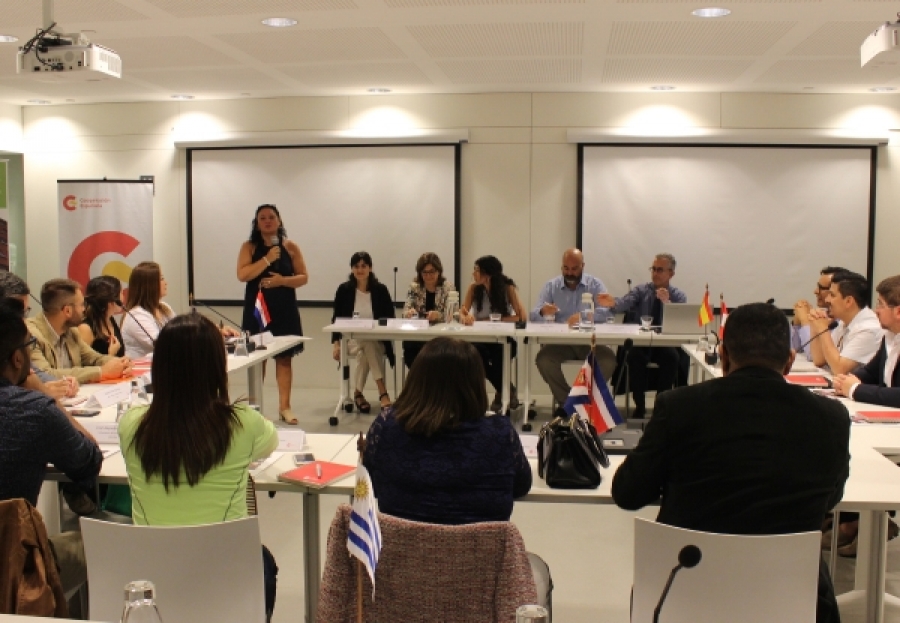SARAS participation in the environmental certification program for schools

This is a project led by the area of environmental education of the Directorate of Education – Ministry of Education, in cooperation with the Ministry of Environment.
It promotes the sustainable development and local response to Climate Change from the point of view of environmental education. It is aimed at certifying processes, not institutions.
The program involves two areas:
a) The Curricular-Pedagogic one, which promotes educational spaces and the creation of innovating and contextualized environmental educational practices.
b) The management one, which advices schools to use democratic approaches when dealing with environmental issues identified by the institution.
The program focuses on innovation, integration, and flexibility as the key criteria to use in educational processes. The concepts of resilience and collective development of local capacities are also prominent.
It involves three complementary dimensions of environmental management:
- Environment for human development
- Environment as the nearest context
- Environmental resources as social assets
A working team was established with representatives from MVOTMA (DINAMA and DINAGUA), ANEP, MIEM, LATU, UNESCO, PLAN CEIBAL, and OSE, in addition to SARAS.
From March 7th to 9th, a workshop took place at the Training Center located in the Spanish International Cooperation headquarters. The activity funded by both the European Union (Euroclimate+) and FIIAP Foundation, of the Spanish cooperation.
During the workshop, a series of examples of related experiences and activities from other countries were presented (Chile, Argentina, Colombia, Costa Rica, Peru and Uruguay) were put forward in the workshop. A significant example was that of Chile with the introduction of “Environmental Certification as a way to facilitate sustainable management in educational centers”.
The following session will consist of a training workshop on Ceibal Platform and a pilot project with six (6) educational institutions which will be in May. The results will allow further methodological adjustments before the launching of the second half of the year.
